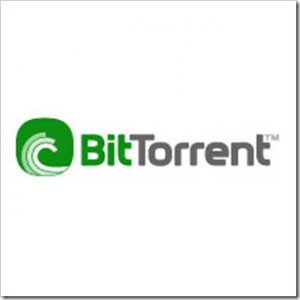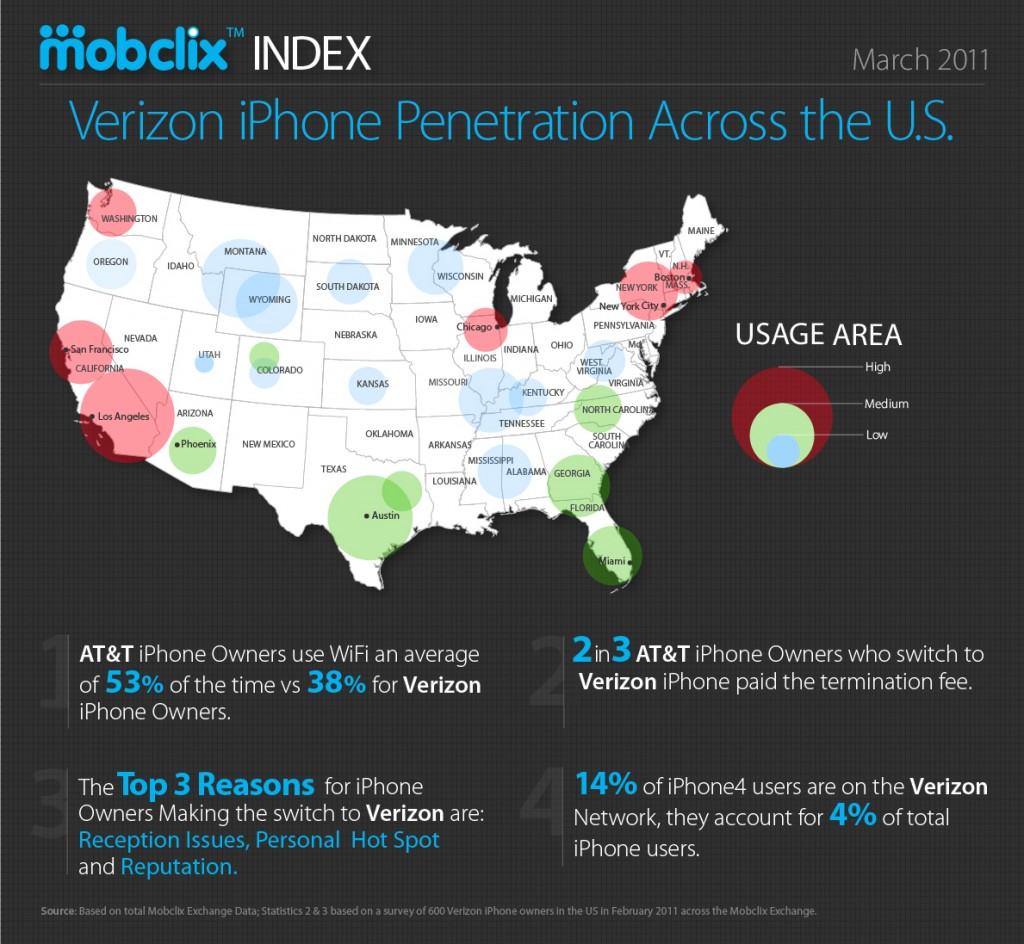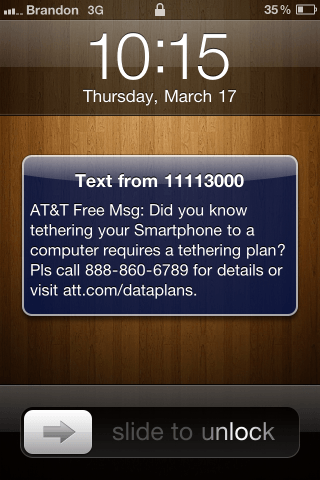 BitTorrent, the company behind the popular file sharing protocol routinely blamed by providers for overburdening broadband networks and by Hollywood for distributing pirated content, took a tentative step today to oppose Internet Overcharging schemes.
BitTorrent, the company behind the popular file sharing protocol routinely blamed by providers for overburdening broadband networks and by Hollywood for distributing pirated content, took a tentative step today to oppose Internet Overcharging schemes.
Eric Klinker, CEO wrote a guest piece for GigaOM calling out AT&T for its announced 150-250GB usage caps:
While the trend toward metered bandwidth is not inherently pro-consumer, ISPs have staked out a singular public rationale: data caps are necessary to limit the consumption of “bandwidth hogs” in order to protect the network experience for everyone else. Such concepts are simplistic and easy to imagine. They are also completely wrong.
And with that, Klinker stumbled into a public relations and marketing effort defending the company’s culpability for increasing broadband traffic, and proposing a resolution for their ‘part of the problem’:
Since any data traffic that doesn’t induce congestion on a fixed cost network is essentially free; applications can voluntarily play a role in traffic prioritization. And since BitTorrent is a high percentage of global Internet traffic, we have a responsibility to be a part of the solution.
This was the primary motivator around our release of a new protocol a year ago, called µTP. The protocol essentially senses congestion and self-regulates to avoid contributing to Internet traffic jams.
Because µTP can never induce network congestion, it doesn’t contribute to an ISP’s cost. An ISP still has regular network maintenance expenses, but remember, with a fixed-cost network, traffic only becomes an economic burden if it contributes to congestion and forces the need for expansion.
As a result, µTP is exceedingly friendly to ISPs and their business model. µTP is open-source, and we invite application and cloud services providers to work with us directly or in the IETF’s LEDBAT working group in the ongoing innovation and usage.
Some providers and their allied interest groups have disputed the diminished impact Klinker cites as a benefit of µTP, but in provider-world, the BitTorrent “problem” is rapidly becoming yesterday’s news anyway — online video is the new boogeyman. NPD Research just released numbers showing peer-to-peer use has dropped from 16 percent of all U.S. Internet users to 9 percent over the last three years.
After making a spirited sales pitch for what he hopes will represent peer-to-peer 2.0, Klinker surrenders on behalf of everyone else, arguing the solution to America’s ‘broadband crisis’ is speed throttles during peak usage periods, and time of day pricing. Klinker suggests broadband users might need to plan their “on-demand” viewing well ahead, or face the kind of “congestion pricing” Londoners face if they attempt a journey by car into the city center at high noon. Klinker suggests Netflix customers should pre-schedule downloads of their movies the night before watching them, or else pay a fee for instant gratification.
That assumes, of course, you know what you want to watch the day before you do, that you can download Netflix content (you cannot), and that you didn’t remember you could accomplish the same thing if Netflix shipped the DVD out to you by U.S. Mail.
Are broadband rationing coupons far behind?
Klinker’s willingness to submit his own company’s peer to peer technology to provider speed throttles is likely to earn him a dressing down by investors wondering what the future holds for a protocol that can be dosed with Xanax at provider will. Handing over the power to make your file sharing technology painfully slow and frustrating is likely not going to win new converts, either.
Before willing to subject everyone to solutions for broadband providers’ scary predictions of a broadband exaflood, would it not be better to actually obtain verifiable evidence there is a congestion issue in the first place?


 Subscribe
Subscribe








